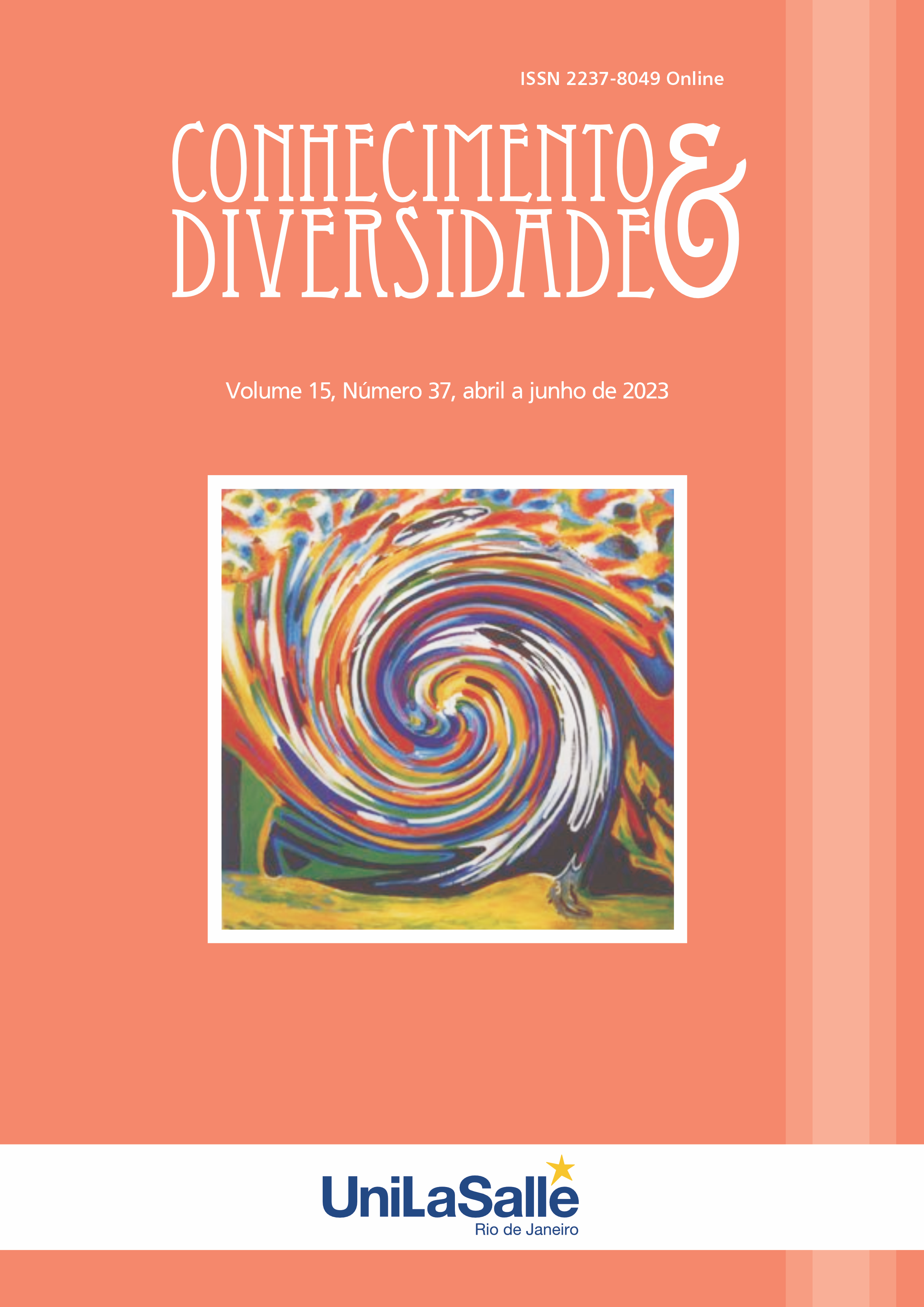TEACHING ENGLISH DURING WAR TIME
HOW IS IT DIFFERENT? PSYCHOLOGICAL AND PEDAGOGICAL ASPECTS
DOI:
https://doi.org/10.18316/rcd.v15i37.10945Keywords:
Education under martial law. English language. Learning condition. Trauma. Emotional support. Creative techniques. The role of the teacher.Abstract
The study explores the challenges, features, and opportunities of teaching English during wartime. The authors draw from their own experiences as Ukrainian teachers of English, who survived the military events of 2022 and whose life and perspectives changed dramatically after the attack on Kyiv, the Ukrainian capital.With the outbreak of war, many schoolchildren and students lost the opportunity to attend classes. Some had to move to safer areas or go abroad., Distance learning has become the main option for access to knowledge, and universities are trying to adapt their best practices to the new conditions during the pandemic. Teachers must now not only find teaching methods but also know psychological techniques that can help students get rid of stress and psychological consequences.As today’s practice has shown, teachers must have the knowledge and skills to provide crisis psychological help to respond and refer for professional psychological help promptly.In addition, teaching a foreign language has certain specific features during the war, which are considered in our work. And the process of learning a foreign language itself has a positive effect on the psychological state of students.We want our students to understand that finding oneself in the stressful and dangerous conditions that war creates can be very difficult. However, if you feel empowered to learn new things, take advantage of at least a few of the thousand opportunities.
Downloads
Published
Issue
Section
License
Copyright (c) 2023 Conhecimento & Diversidade

This work is licensed under a Creative Commons Attribution 4.0 International License.
As recommended by the Public Knowledge Project, RCD adopts for its articles a CREATIVE COMMONS Attribution CC BY 4.0 license.
This license allows others to distribute, remix, adapt and build upon your work, even commercially, as long as they credit you for the original creation.
This is the most appropriate license offered.
Recommended for maximum dissemination and use of licensed materials.



